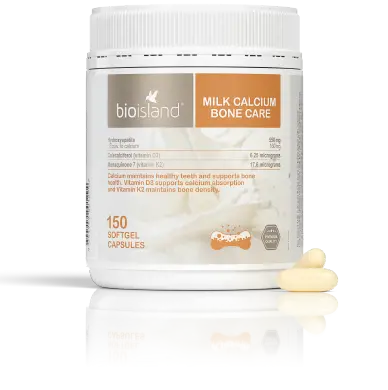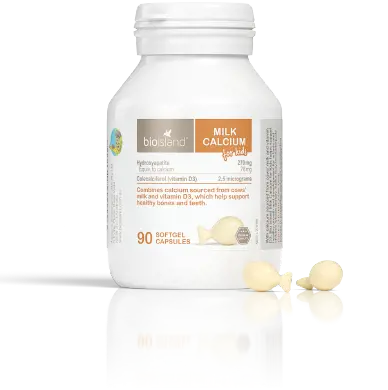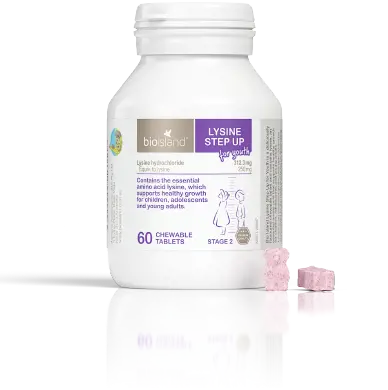
How does vitamin D affect your skin?
When we go outside and expose our skin to the sun, our body creates vitamin D.
Healthy Skin, Vitamins & Minerals, Nutrition
By Bio Island Nutrition Team
Vitamin D is well known for the role it plays in calcium homeostasis and bone health, but new evidence shows that vitamin D is also directly involved in our skin health. As the largest organ in our body, it is important to care for our skin the same way that we care for every other part of our body.
Our skin is extremely important when it comes to making sure we receive enough vitamin D in the first place. When we go outside and expose our skin to the sun, our body creates vitamin D. Although the dangers of excess sun exposure are well reported, it is still important to ensure you are going getting adequate sunlight each day, so your body is able to make vitamin D.
According to recent research, healthy levels of vitamin D have shown to help prevent skin ageing with the active form of vitamin D calcitriol aiding in skin cell repair, growth, and metabolism. People with the highest serum vitamin D levels have also been shown to have significantly longer telomeres, which are the caps of genetic material on the ends of our DHA strands. When we age our telomeres tend to shorten and our DNA becomes more unstable however, this research indicates that vitamin D may help to protect our telomeres. It is important to note however that too much sun exposure can be damaging to your skin and accelerate your skin ageing, so be sure to limit your time in the sun and make sure to avoid your skin burning at all costs.
Vitamin D has also been associated with skin conditions such as psoriasis, acne, and dry or itchy skin. Although no causal links have been established, several studies have identified that people suffering with acne, psoriasis, and Ichthyosis (severe dry skin) have low vitamin D levels. This is thought to be due to the association between a vitamin D deficiency and decreased immune function, increased inflammation, and decreased insulin sensitivity. In combination, these factors can increase dryness, make us more prone to infections, and worsen inflammatory skin conditions.
Although more research is needed in this area, it has become evident that vitamin D plays an important role in skin health. As with any health concerns it is important to speak with your doctor to determine the best treatment plan for you. If you have any specific skin concerns your dermatologist can help to determine if vitamin D supplementation is right for you.
This information does not take into account your personal situation and is general in nature. You should consider whether the information is appropriate for your needs and seek professional medical advice.
Always consult your healthcare professional before taking any supplements or if any concerns arise.






